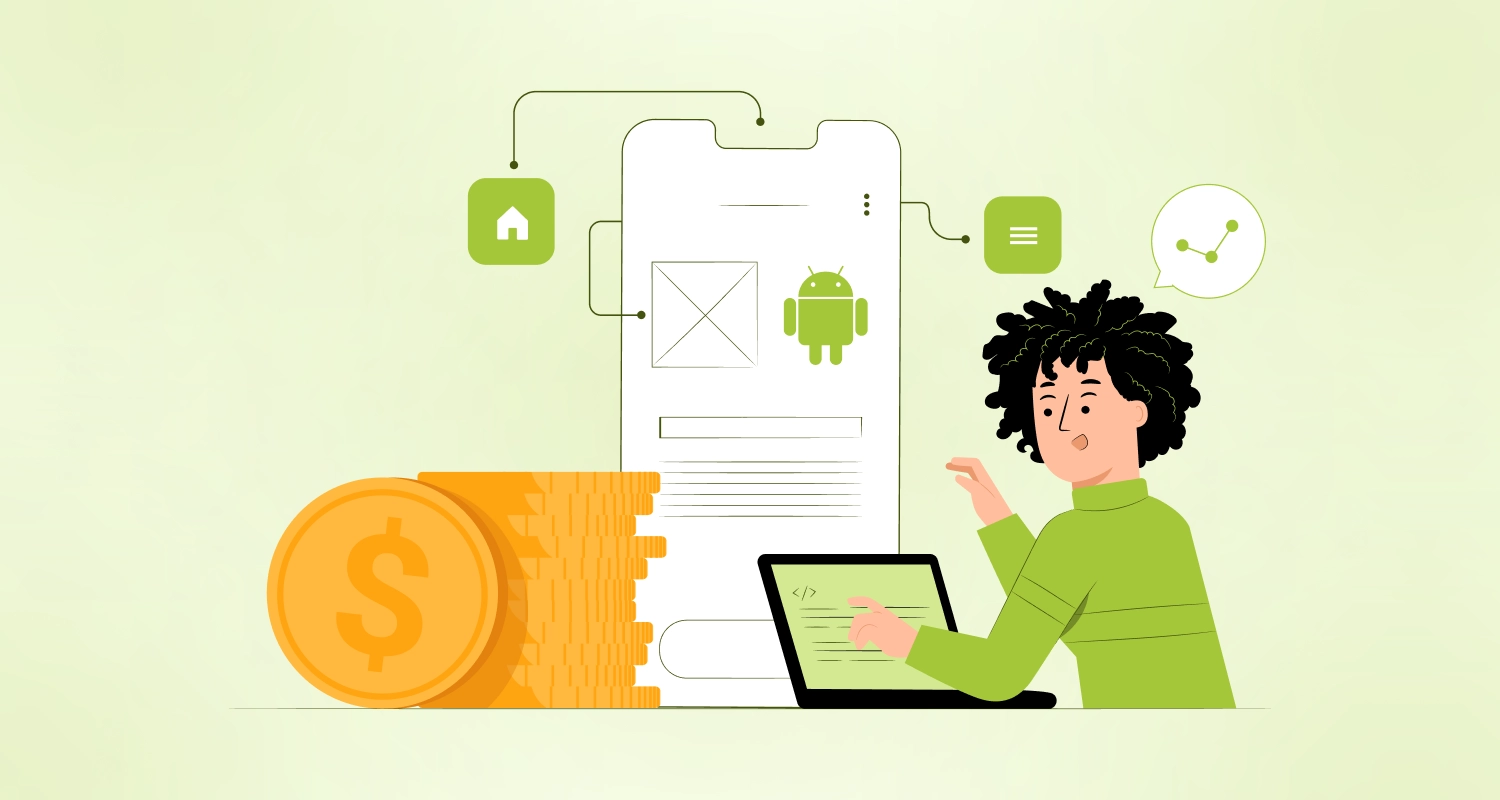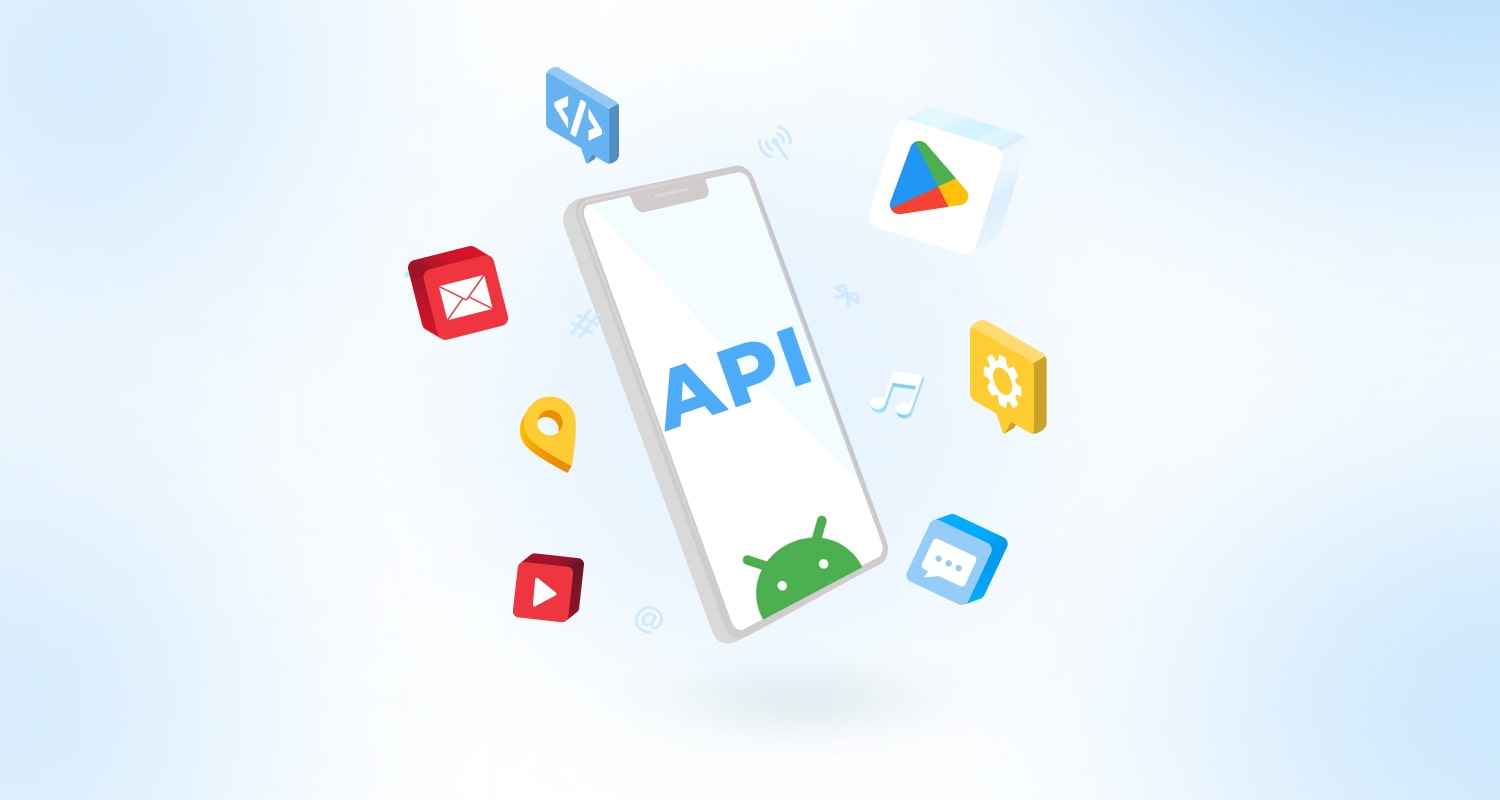To be precise, Android app development frameworks and libraries help developers to build apps more easily with several aspects including the UI elements, networking, debugging and testing well defined.
These libraries offer detailed documentation, configuration data, templates for messaging, pre-built code, values, classes and pretty much everything that developers need.
As we are standing on the brink of entering a new year, it is time to take stock of all the important Android libraries that are going to be popular in the coming year or beyond. Here are our picks that any Android App Development Company USA will find useful.
Dagger

When it is about choosing a good library for dependency injection, Dagger is the best choice. This is a compile-time framework that allows developers to generate plain Java code. Dagger is positively different from most of the dependency injection libraries in the market as it uses the compile-time for evaluating all the dependencies.
On the downside, there are some learning curves involved but considering the ease and flexibility it is worth the learning efforts. Since for large applications maintaining dependency injections is challenging, this is where the compile-time estimation capability of Dagger really comes as handy.
Picasso
Picasso is one of the most popular Android image libraries. When it comes to easy and smooth image loading for an application just with one code line, there can be no better tool than Picasso.
The library addresses many shortcomings ranging from recycling of ImageView, taking care of complicated image changes using very little memory, automatic memory scaling and caching. Picasso is also capable of detecting the reusable adapter and download that has been cancelled earlier.
Retrofit

Retrofit is another great library which is basically a HTTP client for both Android and Java. This library allows developers to define the REST API as the app interface to incorporate different types of API calls. Through the use of annotations the developers can fully control all the API requests concerning the query parameters, headers, body and other aspects of interfaces.
Retrofit is truly a clean and easy to use Android library with ability to make both synchronous and asynchronous API calls. On top of this, Retrofit comes with an inbuilt Rx module and so works really well with RxJava.
Related: All New Google Android Studio 4.0: Key Features and Value Additions on Offer
RxJava
Reactive programming helps developers immensely as the app can cope up with changes automatically. If you hire onsite developers for your Android project, you must have given a thought to this expertise area. Even if you don’t tell the app what it needs to do, it takes care of the needful. When it comes to reactive programming, the best library in the Android ecosystem is RxJava.
RxJava in many ways makes the lives of Android developers easier. It allows developers to chain asynchronous operations in a much simpler way and it helps representing data in real-time. It is also a great library to switch between threads and take care of errors by using RxJava.
ButterKnife

ButterKnife is the library used for view binding. This library can easily assign the IDs to views and thus can help developers to stay clear of the excess of findViewByid. Though much like Dagger it works like dependency infection that developers find highly useful, the library creates annotations that create a lot of boilerplate code.
Android Databinding
This library comes packed with the Android Support Library but you need to use Android Studio Version 1.3 or later. In complete contrast to the ButterKnife and several others, it is a view-binding library that achieves its results without using annotations. The library is widely known for binding the UI components of the layouts with the app’s data sources just through a declarative format rather than using programs.
Glide

It has been widely known that dealing with the images on Android platform is very difficult since the image handling API of Android is not optimised for smooth performance. For the same purpose, Glide is considered to be one of the best libraries. It is a high-speed and open-source library that helps in easy media decoding, caching of memory and disk storage, and pooling resources for the app interface.
Glide uses HttpUrlConnection as the default tech stack that includes a versatile API to help developers to join in any network. The library offers extensive support for decoding, displaying and fetching all media and image files.
Room
If you are looking for a great persistence library for your Android projects, there cannot be a better choice than Room. This is an official ORM Android library to help develop offline apps very easily. The library allows developers to make use of the capabilities of SQLite besides keeping an abstraction layer on the outset. This library is known for the extreme ease of use because of its use of annotations and standard SQL syntax.
Room offers inbuilt support for Rx library and both the libraries work together well. The library can be easily understood and used without requiring to give too much effort and time in understanding its documentation.
Zxing
ZXing comes as a library for barcode reading for the Android app projects. Deployed in Java, the library also allows easy porting to several other programming languages. This library offers extensive support for different types of barcodes used in mobile apps. The library is also used by Google to help indexing thousands of barcodes on the web.
Espresso

This is another library that remains as part of the official Android support for testing. Espresso comes as a fully capable testing framework allowing developers to carry out easy testing of user interfaces of Android apps. This is a robust testing library that besides allowing you to write tests and checking the similarity of the text with another app through theTextView.
The best thing about the tool is that while testing it creates a testing experience similar to the one of the actual user, because the testing framework runs both on actual Android devices and testing emulators. If you want to use this library, you have to add dependencies to the app module.
Robolectric
When it comes to unit testing, you cannot have a better library in the Android ecosystem than Robolectric. This is a great library for handling several aspects of Android apps including views, resource loading and others.
The library comes with robust test scripts to test the app functions in depth and using real devices while several Android framework dependencies continue to work in the background. Robolectric offers simulation of the Android SDK for carrying the tests and this helps in preventing the need of using separate mocking frameworks.
Conclusion
All these libraries that we described so far have been chosen on the basis of their popularity among Android developers and the way most experts recommend them for different development needs. These libraries in many ways represent the best of choices for every functional need in an Android project.








